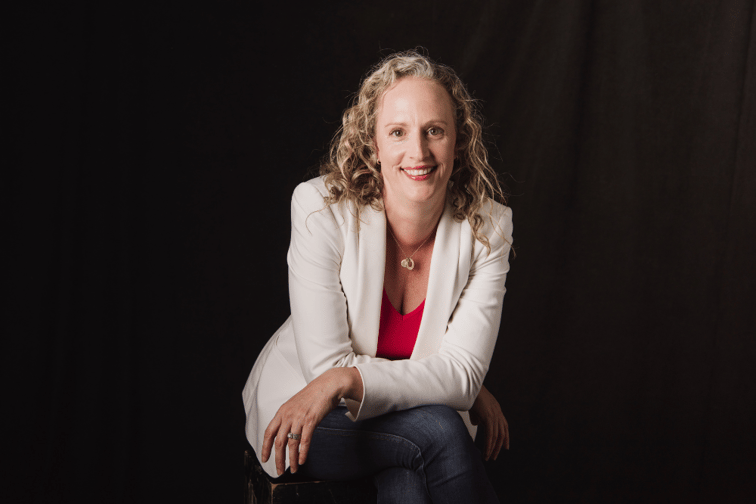

Julia Ewert (pictured above) describes herself as a nerd for negotiating.
“I read mostly negotiating books. I’m a proper nerd for this topic,” she said.
Many insurance brokers would empathise. Their role as trusted advisers for customers depends on people skills and powers of persuasion. But how many brokers are really any good at this stuff?
Perth-based Ewert has worked in sales leadership roles for companies like Stockland and Vodafone. She describes herself as a professional negotiator and seven years ago started her own business teaching sales and negotiation best practice.
She believes insurance brokers can learn a lot from the negotiation techniques used by the FBI (Federal Bureau of Investigation). Ewart said she attends FBI training sessions to hone her own skills.
“I’m in a training session every week with some of the world’s top crisis negotiators in the US and that just helps me to keep my skills sharp,” she said.
Insurance Business suggested that the connection between FBI agents negotiating with terrorists and brokers discussing business with clients wasn’t immediately obvious.
“It’s almost underwhelming when I answer that question for you. So, when I started learning from these hostage and terrorist negotiators, what I learned is that when they’re doing their job they have a 95% success rate of peaceful resolution,” she said
This very high figure is difficult to confirm. Jeff Tompson, a research fellow at Columbia University School of Law said FBI data shows that only 1% of hostage scenarios involving the FBI end in the death of the hostage. In an interview on the Newswise website, Randall Rogan, a crisis negotiation expert from Wake Forest University in North Carolina said long-term data suggests that 85-90% of hostage situations involving law enforcement agencies are resolved successfully
However, given the extreme danger of these scenarios, Ewert said the success rate “blows my mind.” When she started to consider how the FBI conduct these negotiations, she realized the business world has a lot to learn
“FBI negotiators are using very fine-tuned interpersonal people skills,” she said. “The same skills that the FBI are using when they’re talking to hostage takers and terrorists are the same skills that we can use in business as insurance brokers to convert more contracts, increase our margins and win more negotiations,” she added.
Ewert gave some examples but warned beforehand that while the notion of adopting FBI skills in insurance broking might sound very exciting, “it’s very underwhelming because these are skills we all have hiding in plain sight,” she said.
One important skill brokers can learn, she said, is not making themselves the “hero of the conversation” with a potential customer.
“So, if I come in as an insurance broker and tell you why I’m an expert and why you should bring your business to me and why I have all the answers for you - from negotiation stories at the FBI school that’s essentially a terrible strategy,” she explained.
Ewert said it’s key for brokers trying to connect with potential customers to find things in common. She said if a potential customer finds the broker likeable, they’re more likely to do business with them.
“If you don’t like me, the research tells us that you’ll go out of your way to look for disagreement in everything that I say. So it’s not dissimilar to what some of the FBI teams are doing: their job is to connect, find something in common and build trust with the hostage taker,” she said.
Another tip is asking open questions. These questions, she said, are less about you and more about your potential client. Ewert skilfully listed purpose-built questions that brokers should ask in that first meeting:
“So questions like this that are very customer-centric, and less about the broker and more about the customer sharing information is what’s important,” she explained.
Listen next: How can brokers improve their service to clients?
Another FBI principle that brokers can apply to their dealings, she said, is the use of strategic silence. This is more often called the awkward silence, but Ewert said it’s actually not awkward at all.
“If used correctly it’s called strategic silence - and what it does is it injects space and calm into the conversation,” she said.
Ewert said if there’s no silence during a broker-client conversation the prospective client has too much data to absorb.
“So, it feels rushed and panicked and pressured which obviously brings in some of the negative connotations associated with the insurance industry like the high sales pressure and other things,” she said.
A strategic silence, she said, brings calm to the conversation and gives a person time to respond thoughtfully.
